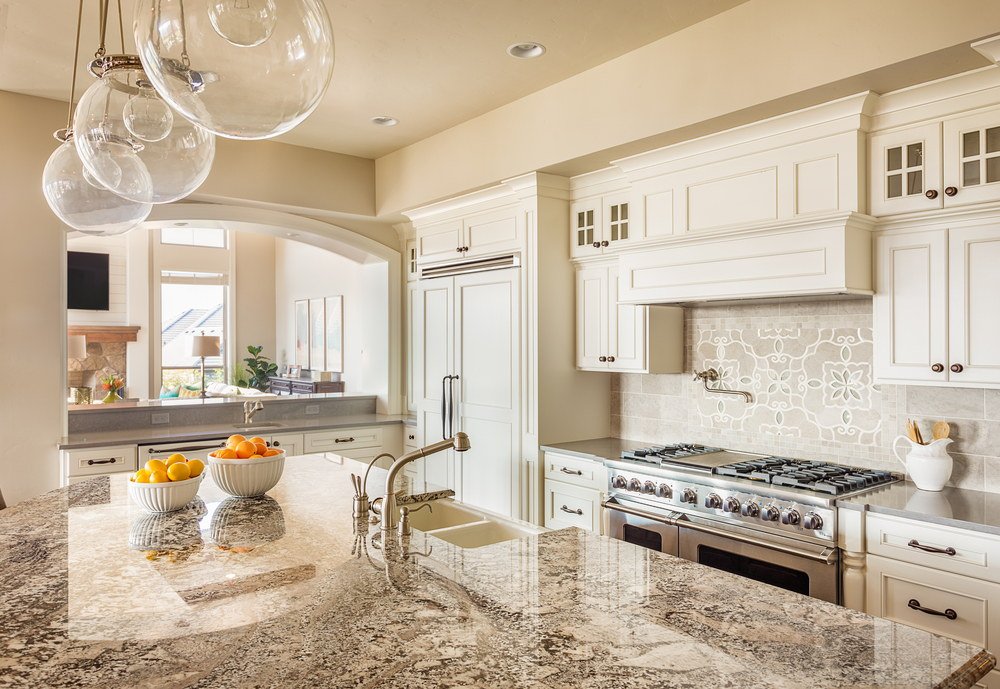Thinking of renovating your home? Is it safe to state that you are overwhelmed by the plethora of decisions to be made? Or have you ever had the curiosity to find out what exactly is the fuss behind employing an interior designer during renovation? These questions naturally occur to us, every time we consider undertaking a renovation.
It seems daunting to most homeowners to believe that an interior designer is necessary to the renovation process. “What’s their purpose? Isn’t it just an additional undeniable cost?” you may find yourself asking. Yet, a well-seasoned professional could be just the game-changer you need to bring your dreams to reality.
In this blog post, we will delve into the role of an interior designer during renovation. We will shed light on why they are essential, what values they add, and how they can essentially make your life stress-free during this otherwise stressful process.
Why Do You Need An Interior Designer?
Renovation may appear to be a straightforward task to an untrained eye, but it is a maze of numerous decisions, potential roadblocks, and surprising difficulties that need astute planning and foresight. That’s where a professional interior designer comes into play.
An interior designer is not just concerned about aesthetics; they are trained to function as problem solvers and project managers. They have a discerning eye for balance, harmony, and a comprehensive understanding of constructions and layout.
Hiring an interior designer can save you countless hours of shopping, researching, and comparing, and prevent expensive mistakes. Designers bring an orderly, timely execution to your project, minimizing delays and coordinating with a team from various professional backgrounds with ease and efficiency.
What Value Does an Interior Designer Add?
On the surface, the value that an interior designer brings to the table is that they help your home interior designer look beautiful. However, the merit of their role extends far beyond just aesthetics.
A designer might help design a more successful space by considering factors such as lighting, ergonomics, and even the psychology of colours. They have skills, knowledge, and contacts in numerous areas not always apparent until you are knee deep in a project, such as understanding building codes, regulations, and the latest eco-friendly practices and products.
Interior designers can help you make the most of your space, enhancing functionality and optimising traffic flow. They can help you select the appropriate materials and finishes, which not only look beautiful but also are suited to your budget and lifestyle.
The Process of Working with an Interior Designer
The process can be divided mainly into three stages: exploring and defining, designing and detailing, and implementing and reviewing. Interior designers adapt their process according to client needs, budgets, and timeframes for maximum efficacy.
They will help you develop a design concept that brings to life your vision, defining the project scope and creating mood boards. This helps articulate what the final outcome would look and feel like. Post this, they work on detailed spatial planning, drafting layouts, and determining fixtures, finishes, and furnishings.
During implementation, they will manage and administrate the entire project: managing contractors, ordering materials, overseeing installations, and dealing with any hiccups or changes that may arise along the way.
Pros and Cons: Treading Wisely
Although hiring an interior designer comes with a wealth of benefits, it undoubtedly carries some potential cons. Firstly, professional interior designer services do not come cheap. Moreover, some might have a distinctive style which may not resonate with what you are envisioning.
A clear understanding of the pros and cons can help you decide whether hiring an interior designer during renovation is right for you. It also underscores the importance of vetting the designers for their past work, approach, style, and gauging if it aligns with your project requirements and vision.
The Role of Interior Designers in Sustainability and Wellness
Homeowners are increasingly conscious of their impacts on the environment and are looking for eco-friendly solutions. Herein, preferred interior designers are the ones who incorporate sustainable practices and materials into their designs to help minimize environmental impacts.
Additionally, the focus on wellness in interior design is increasingly compelling designers to create spaces that not only nurture the aesthetics but also the mental and physical well-being of the occupants.
Conclusion
As we’ve seen, a professional interior designer can be a valuable ally in your home renovation journey. From enhancing the functionality and aesthetics of a space and helping avoid cost overruns to seamlessly managing the entire project, their role is of enormous significance.
Despite the potential drawbacks such as cost or style differences, if researched well, the benefits of hiring an interior designer for your home renovation far outweigh the cons. Furthermore, with the emergence of the wellness-driven and sustainability-focused interior design, the role of designers has never been more critical.
In summary, if you are embarking on a home improvement adventure, consider employing an interior designer – not as an extraneous expense, but as a smart, strategic, and ultimately, cost-efficient investment.





